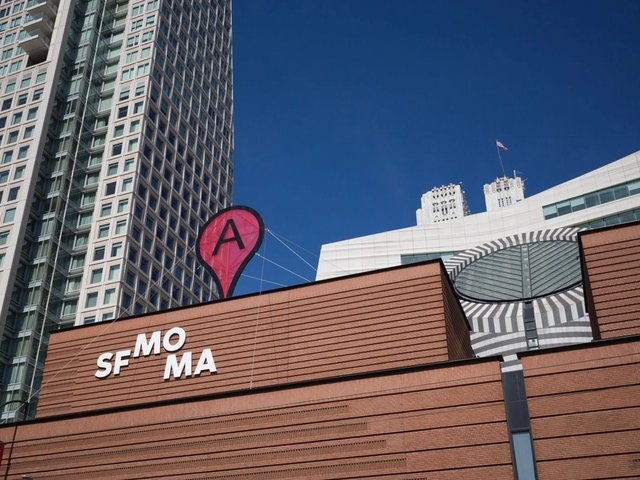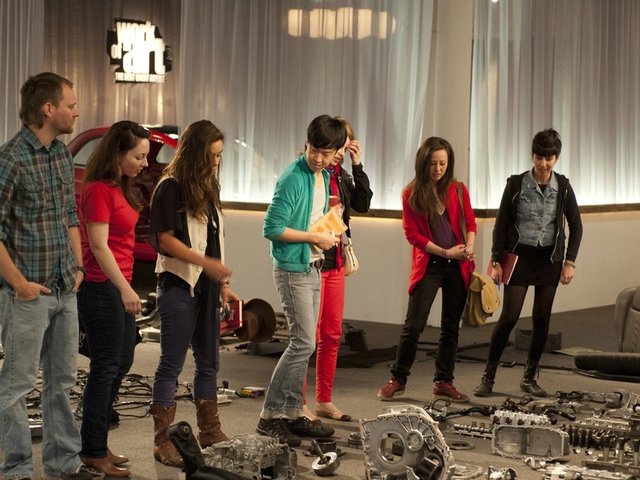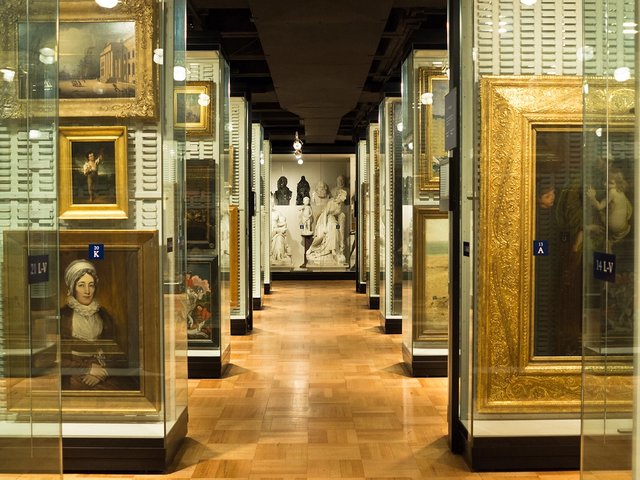Work-from-home lawyers and museum staff convened by webinar on 11 and 12 March, for an annual conference on Legal Issues in Museum Administration, hosted by the non-profit American Law Institute with the support of the Smithsonian Institution. This year’s focus was decidedly shaped by the Covid-19 pandemic, which has squeezed museums financially and pushed ever more museum activity into the digital realm.
Experts offered the latest on regulatory and legislative changes, how to encourage financial giving when a museum is shut, minimising the tax that museums pay on “unrelated” income, dealing with cyberattacks, and how employment law applies to a stay-at-home workforce—which many museum staff members are saying they want to continue post-pandemic.
Engaging audiences with new technologies
Using YouTube Live and other platforms, museums have increased their virtual offerings during the Covid-19 pandemic, offering virtual events such as interviews with high-profile art world figures, museum-made videos of experiences and tours, art-making sessions with teaching artists, and performances where audiences can participate, said M. Thérèse Vento, the general counsel to the Pérez Art Museum Miami.
Museums are increasingly using augmented reality (AR), which can display an original or scanned work of art in a digital setting, and the “total immersion” of virtual reality. But legal quagmires can arise: AR can invite “guerilla hacking” of a virtual exhibit by intruders who post unsanctioned works on the digital walls. The manipulations could conceivably constitute copyright violations of an artist’s work, libel, or trespass, and if not addressed could imply that the museum sanctions the altered results. Whether legal action could or should be taken would depend on the “totality of the circumstances,” Vento notes—so, if there is no disruption, “should you do anything?”
Michael Costanzo, the general counsel of the California Academy of Sciences in San Francisco, described legal issues that can arise when the school uses input from third parties, such as a federally funded data set about whale migrations, which was subject to a government restriction prohibiting commercial use. While the school, as a nonprofit, is able to use the visualisation it created from the data in its planetarium shows, when licensing the show to third parties we “have to say no to commercial uses,” Contanzo said.
Negotiating loan shows with a view to pandemics
Pam Chen, the general counsel of the Museum of Science and Industry in Chicago, suggested adding pandemic-related clauses to loan show agreements—for example, a provision that the lending museum will comply with any state law orders requiring visitors to quarantine upon arrival, and will bear all costs such as hotels. To avoid quarantine expenses for installation or de-installation teams, Chen said, museums could consider negotiating a way for the lending museum to remotely guide the local team to install and take down the show. More broadly, Chen addressed amplifying a key but little-used contract clause that Covid-19 has made critical—“force majeure,” which governs what happens if a force beyond the parties’ reasonable control impedes or prevents carrying out the agreement.
For an exhibition, for example, options could include extending the loan, postponing it, or terminating the contract altogether, and provisions could be included to address refunds or additional fees as appropriate. But if the unwanted happens, Chen advised, “practical considerations may provide an equitable solution” to the situation, rather than taking a hard stance with the other party to “live or die” by the contract expectations—which could have repercussions later within the museum community.





